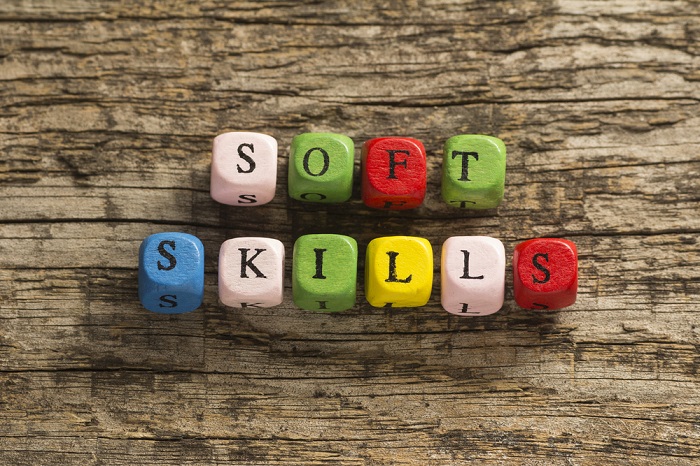This is the second in a series of posts exploring Soft Skills and why they are so important to your success in any endeavour.
“Soft Skills, or the ability to manage soft issues, is a challenge for modern leaders to master” Aly Moreno
 I received a comment from one of my most reliable followers after last week’s post. He stated, “…Soft Skills or the ability to manage soft issues is a challenge for modern leaders to master! I would only add, if I may Integrity, i.e. all the features you very well mention have got to be handled with Integrity otherwise you may as well forget about it….” He makes a very valid and valuable point and I think it is an approach one can take to anything in life. The reality is, however, that the opposite can also be true: that those with ulterior motives can and do use soft skills effectively to achieve their own ends. The classic example would be Hitler, who successfully used his communication skills to sway a nation and then led them into a catastrophic war. This reinforces for me the importance of making sure that we all develop soft skills to the best of our abilities, to become professional in our use of them, to counter those that would use them in negative ways.
I received a comment from one of my most reliable followers after last week’s post. He stated, “…Soft Skills or the ability to manage soft issues is a challenge for modern leaders to master! I would only add, if I may Integrity, i.e. all the features you very well mention have got to be handled with Integrity otherwise you may as well forget about it….” He makes a very valid and valuable point and I think it is an approach one can take to anything in life. The reality is, however, that the opposite can also be true: that those with ulterior motives can and do use soft skills effectively to achieve their own ends. The classic example would be Hitler, who successfully used his communication skills to sway a nation and then led them into a catastrophic war. This reinforces for me the importance of making sure that we all develop soft skills to the best of our abilities, to become professional in our use of them, to counter those that would use them in negative ways.
Professionalism
What does the word “professional” mean to you? What image does the word conjure up for you? For some it may create up an image of a cold, distant, brusque person in a nondescript navy blue suit. For others it can simply mean conducting oneself with responsibility, integrity, accountability, and excellence. In that sense professionalism is also a key soft skill, and it is here that the word integrity appears and where it fits with my friend’s comments above. Integrity, honesty, trust—these are values that should drive how we communicate, listen, show empathy, network, demonstrate self-confidence, and give and receive feedback.
A number of years ago I presented a workshop to a group of salespeople which explored the meaning of being a professional. I broke down the concept into five parts:
A professional:
- Has a specialized knowledge and skill that enables them to render a valuable service.
- Maintains a unique relationship with their clients. People come to them with specific needs and expect them to be filled.
- Renders services for which people are willing to pay.
- Is held accountable for the services they render – or fail to render.
- Maintains a professional attitude.
Acting with professionalism also means seeking to communicate effectively with others and finding a way to be productive. Professionalism can also look like this:
- Always reporting to work on time and returning promptly from breaks
- Dressing appropriately
- Being clean and neat
- Speaking clearly and politely to colleagues, customers, and clients
- Striving to meet high standards for one’s own work
So is professionalism a soft skill? There are some who say it is. I’m not so sure. For me professionalism is how you demonstrate and use the soft skills of communication: listening, showing empathy, networking, self-confidence, and giving and receiving feedback. What are your thoughts?
If you have some ideas or additions to my Soft Skills list, let me know and tell me why they should be added.
